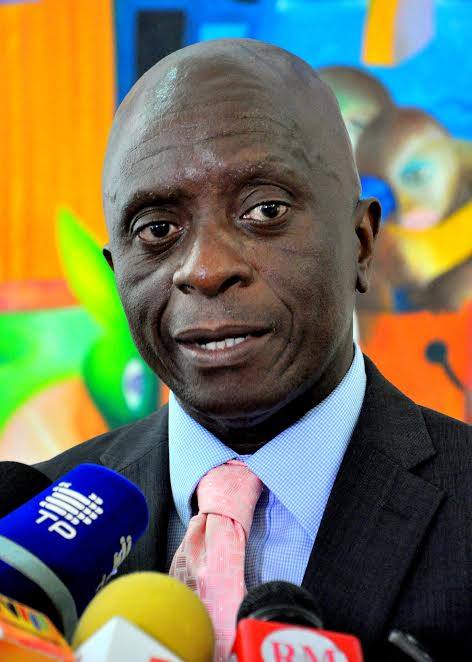Mozambican Defence Minister Atanasio
M’tumuke has denied that any of the companies exploiting natural gas in the
Rovuma Basin, off the coast of the northern province of Cabo Delgado, has been
forced to stop work because of terrorist attacks. Speaking to reporters in
Maputo on Thursday, M’tumuke said that any interruption in the companies’
activities could not be for security reasons. However, some of the preparatory
activities undertaken by the American company Anadarko, which is leading the
consortium building two liquefied natural gas (LNG) factories on the Afungi Peninsula,
in Palma district, have been suspended. This suspension occurred shortly after
an Anadarko convoy came under attack in February. M’tumuke claimed that,
whatever the reason for the suspension, it could not be concerned with
security, since the defence and security forces have always been ready to
protect people and property, throughout the country, including in Cabo Delgado.
“The company knows why
it stopped work”, the Minister added. “Since they’ve been here, a company has
never been attacked, and they have never been escorted by the defence and
security forces. The company knows why it stopped. It must be an internal
problem”.
Anadarko is about to
be swallowed by a much larger American company, Chevron. Earlier this month,
Chevron announced that it has entered into an agreement with Anadarko Petroleum
to acquire the company in a stock and cash transaction valued at 33 billion US
dollars. The deal will be composed of 75 per cent in stocks and 25 per cent in
cash.Acts of terrorism began in northern Cabo Delgado in October 2017, but so
far little is known of the attackers, apart from their commitment to Islamic
fundamentalism. M’tumuke claimed that the government still does not know what
the Cabo Delgado insurgents want or who is behind them. Even captured
insurgents, he said, refused to reveal who was running their operations. “So
far, we have no information”, he told the reporters. “Even those we captured
have never said who their bosses are. So we don’t have the information you
want”.

